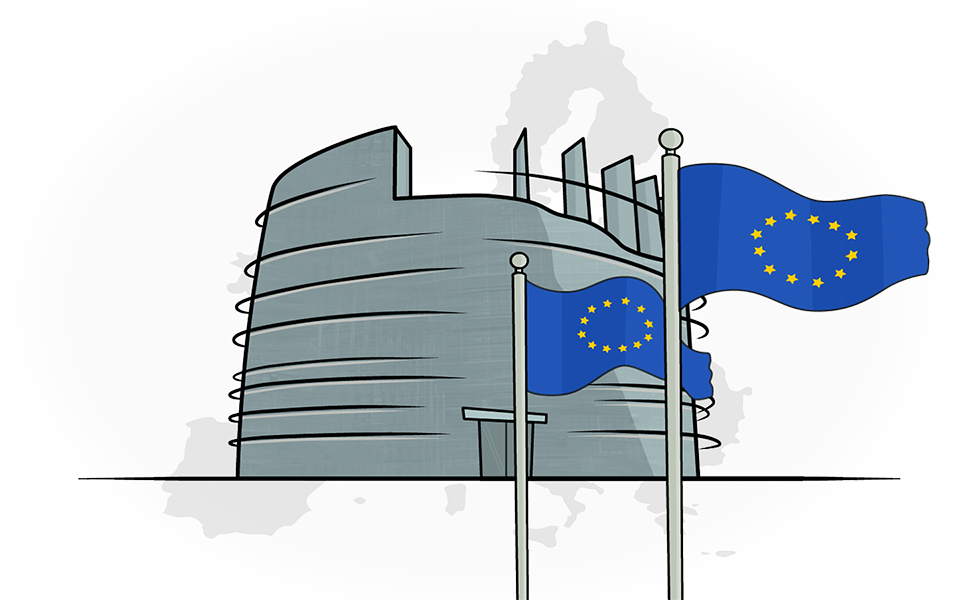English
- July 13, 2013. New York Times
Clinical trials often leave more doubts than certainties on available and new treatments. The case of a popular anticancer drug that in the last study showed no difference in survival compared to placebo, gives the opportunity for exploring the most common pitfalls of clinical trials and some of the possible solutions already available.
- June 4, 2013, ASCO Daily News
Video-Based Education Improves Patients’ Knowledge of Clinical Trials
Reducing information gaps and addressing preconceived notions about clinical trials is important for improving participation. The study presented in this article shows that interactive, web-based interventions improves patient’s knowledge of clinical studies.
- March 1, 2013, press release. Cancer Research UK
Top technology gurus to design mobile phone game to speed up cancer cures
Cancer Research UK is bringing together world-leading scientists and Facebook, Google and Amazon to design and develop a mobile game to accelerate cures for cancer that anyone with a smart phone and five minutes to spare on a bus journey will be able to play, simultaneously investigating vital scientific data. The collective power of hundreds of thousands of people across the globe will be helping scientists to analyse data and drastically speed up research, hopefully saving lives faster.
- April 2010. Media Planet
Understanding Clinical Trials: Appreciating Medical Heroes.
A complete guide for understanding clinical trial: from the breakthroughs and the successes in treating diseases of the last 50 years, to risks and rewards for patients, passing by demystification and participants’ perspective.
- October 22, 2013 All Trials
Ben Goldacre, a British physician, academic and science writer who is also one of the founders of the AllTrials campaign, sent out his call urging all the European citizens to write to their own country's health minister and ask their Governments to support the good progress towards clinical trial transparency in the draft Clinical Trial Regulation in debates in Europe in November.
(DA LASCIARE SE ANCORA ATTIVO) You'll find a sample letter here including details of the specific parts of the Regulation that we need Governments to support, and details of how to contact your health minister on this page.
- October 19, 2013 The Economist
“Academic scientists readily acknowledge that they often get things wrong. But they also hold fast to the idea that these errors get corrected over time as other scientists try to take the work further. Evidence that many more dodgy results are published than are subsequently corrected or withdrawn calls that much-vaunted capacity for self-correction into question”. This brilliant article deals with statistical mistakes, unreproducibility, peer-review role and many more aspects that, if not faced and proptly corrected, might threaten science to be labelled “unreliable”.
- August 22, 2013 (questo e’ gia’ presente nella sezione literature)
Medical research: Trial unpredictability yields predictable therapy gains
http://www.nature.com/nature/journal/v500/n7463/full/500395a.html
“New treatments prove to be better than standard ones just over half the time, and that’s how it should be”. The result of this retrospective analysis, carried out on 860 published and unpublished phase III trials and spanning over more than 50 years for a total of 350,000 patients, explain why clinical trials still remain an indispensable instruments for clinical research.
Nature 2013;500:395–396. doi:10.1038/500395a







